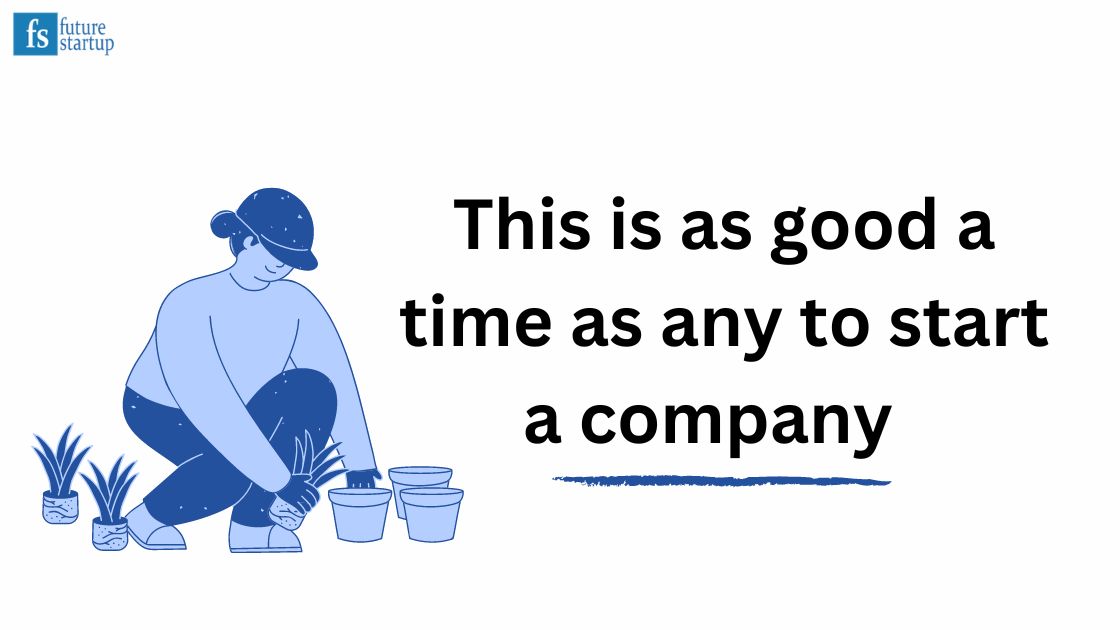
Zerodha is one of the most successful Indian fin-tech startups. When Zerodha founders Nithin Kamath and Nikhil Kamath launched the operation of the company in 2010, the world was just coming out of the 2008 financial crisis. Nobody was interested in fintech because people were skeptical about stock market investing. This was a challenge for Zerodha in the early days. For instance, the company tried but couldn’t raise any outside investment. That led to a very different journey for the company. Zerodha has taken no outside investment. Constraints can be a blessing sometimes.
The difficult market condition afforded the company other advantages. It could quietly build for the next few years without much competition because no one was taking an interest in the vertical. In an interview with The Ken, Zerodha founder Nithin Kamath talks about the upsides of starting in challenging times. Today, Zerodha has built a staggering scale. The company is 13 years old, has over 11 million users, and is highly profitable.
Zerodha is one of the many examples of successful companies that are founded during an economic downturn. Some of the most successful startups of today such as Airbnb, Uber, and Stripe were founded between 2008 and 2010 at the height of the financial crisis.
General Motors was launched in 1908 at a time when the US economy was in turmoil after the panic of the 1907 financial crisis. Burger King was founded in 1953 when the US was again in recession. CNN started its news broadcasts in 1980 when US inflation hit almost 15%.
In Bangladesh, many of the most successful conglomerates of today were founded in the 60s, 70s, and 80s when the economy was mostly in terrible shape. BEXIMCO was founded in 1972. PRAN was founded in 1981. ACI was founded in 1973. Of course, there was probably no apparent economic downturn during these years but these were certainly economically difficult years for Bangladesh.
I understand that this data is not conclusive. You can find a far more convincing argument against what I just said. For instance, a study by Touchdown Ventures in 2020 found that only 24% of companies in the 2019 Fortune 500 list were founded at a time when the US economy contracted. The report indicates that companies launched in an economic downturn don't necessarily have a better chance of becoming a huge success.
But these examples also show that it is possible to build long-lasting companies during downturns. In fact, there are many obvious upsides to that.
II.
The challenges of starting something in a time of crisis are obvious. For instance, the overall funding activities have seen a huge decline over the two years. In 2009, early-stage venture capital invested in the U.S. saw a $5 billion YoY drop, a 39% decline from 2008.
But there are upsides to starling during a downturn. If you can build a lean operation, move quickly, and learn fast, a downturn can offer excellent opportunities.
The biggest challenge of any crisis is managing our internal balance. The crisis results in despair. We resign. Give up. We deem everything will be impossible. Nothing will work. This sense of doom and gloom often exacerbates the situation.
One upside of starting something during a downturn is that it can help you get out of your despair mood. Action is often the answer to our despair. Action not only causes progress, but it also affects our mental state. We feel better when we act. It takes away our time for despair.
The second aspect is that most people would not start during a crisis. For instance, the common outlook now is that this is not the time to start a business. This can be an opportunity for the few brave ones who start regardless. As we have seen in the case of Zerodha in India, it means you will have uninterrupted time to build your business deliberately. You will have less competition.
The third aspect is that constraint works as an excellent forcing function for concentration and discipline. When times are tough, there are fewer distractions. For instance, there is not going to be much funding and glamorous events at least for a while. It means you will have to be frugal, and inventive, and build something that can sustain itself. It also means you will get uninterrupted time to do your work. Constraints often come with many upsides. So if you are considering starting something, this is an equally good time to do it.
Of course, there are risks. Given the economic realities of rising inflation and declining consumer spending, there probably are more uncertainties now than at a normal time. But the risk is a common factor whenever you start. The thing is that successful companies have been founded and can be founded during an economic downturn.
Once a mentor of mine told me statisticians rarely make entrepreneurs because they are always calculating what’s going up and what’s going down. Building things don’t happen following the math. Instead, it is always useful to listen to your heart and gut.
That’s all for now! If you’ve made it all the way down here and don’t feel like you’ve just wasted ten minutes, consider giving the essay a like and consider sharing it with people who you think will find it useful. It helps others find it. And helps us to grow and serve more people. You can also join our weekly email newsletter here. Thank you!
